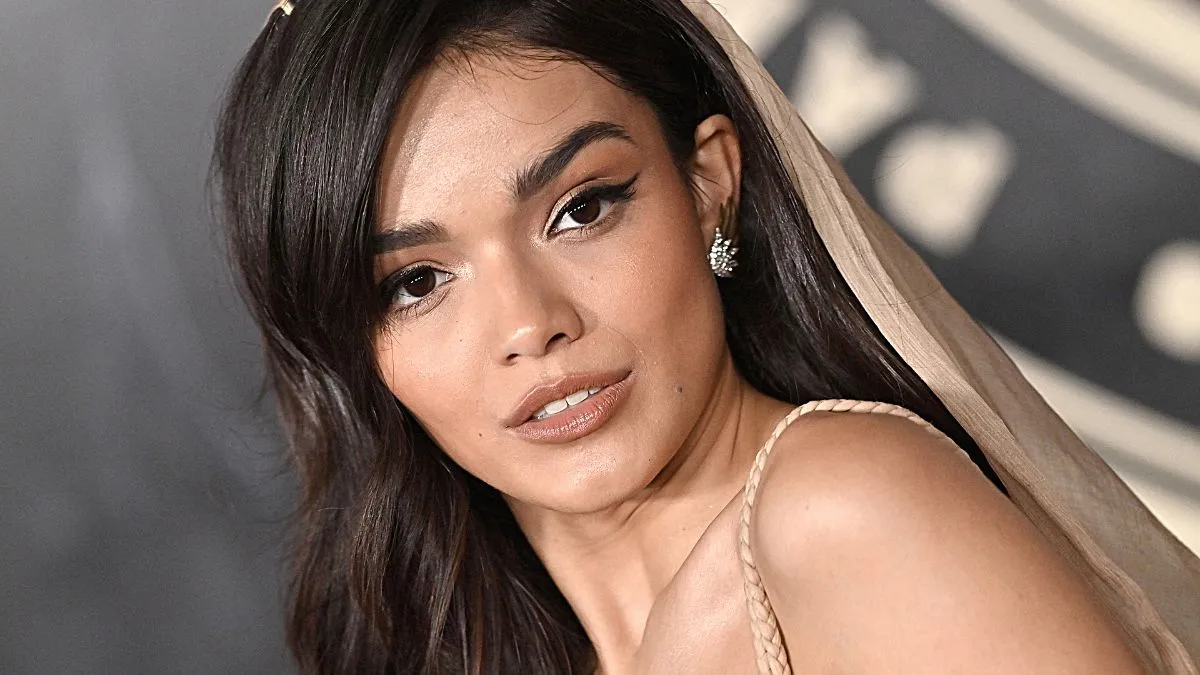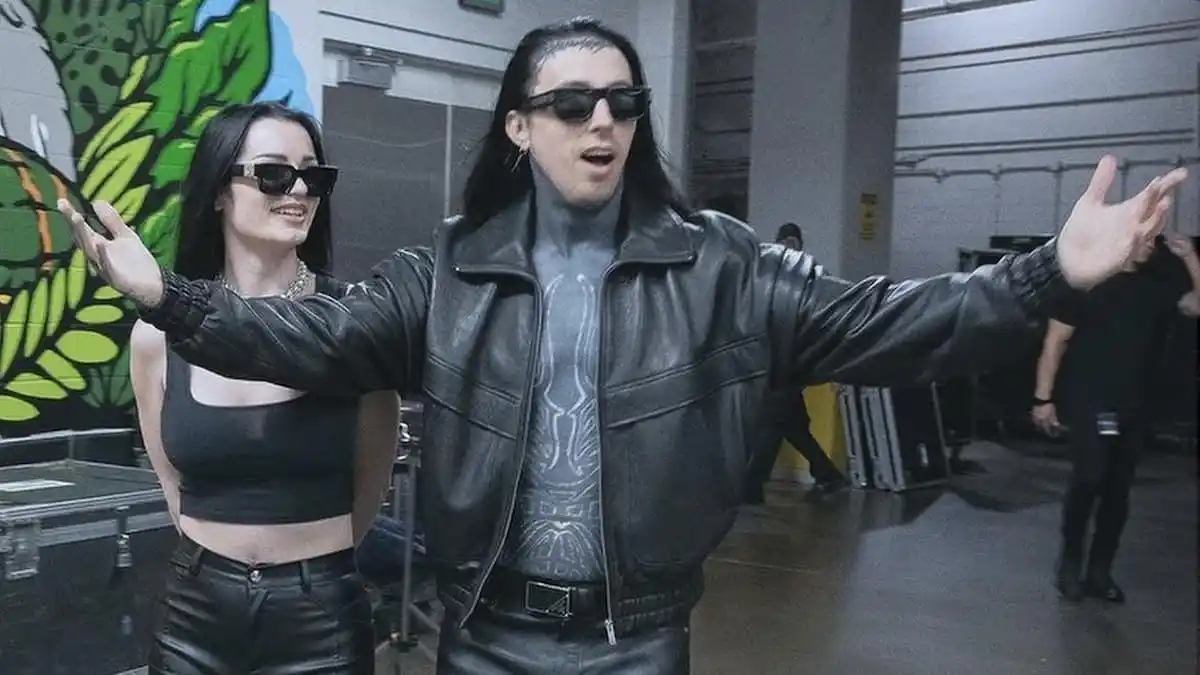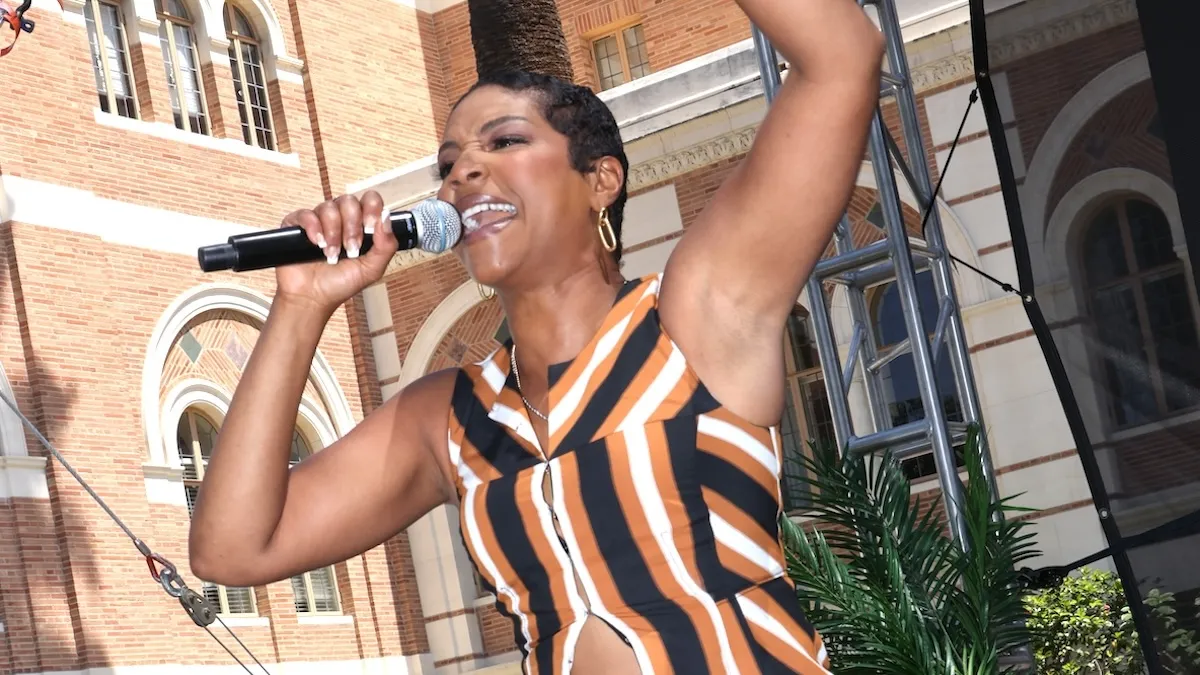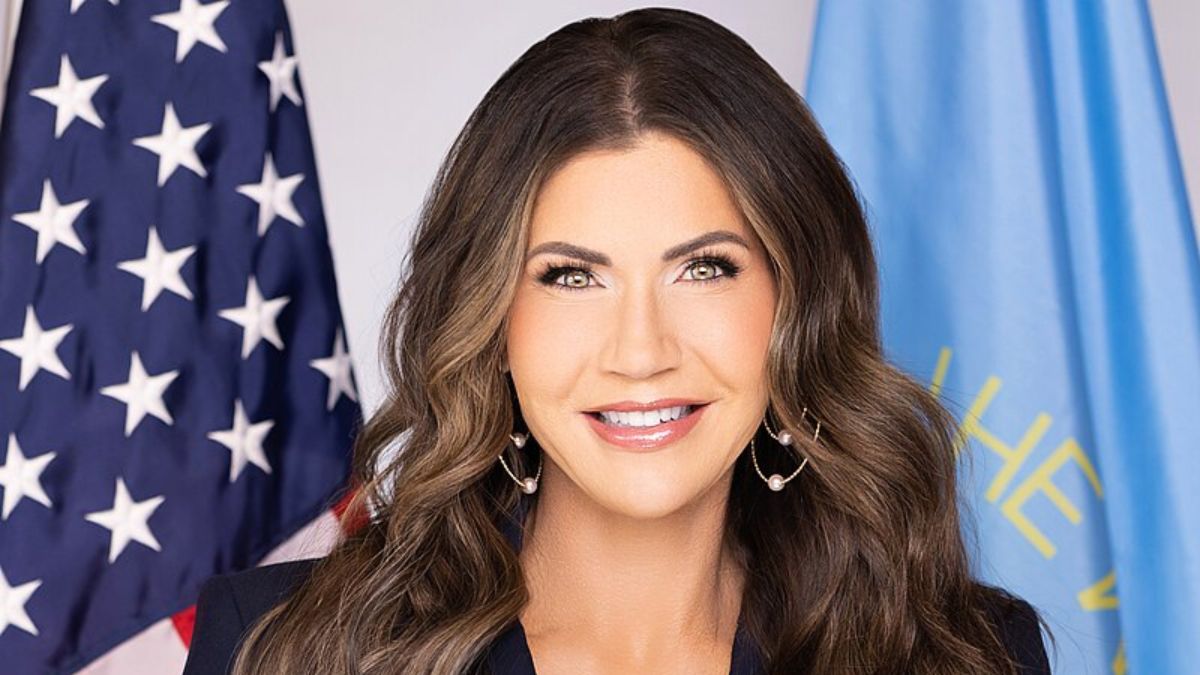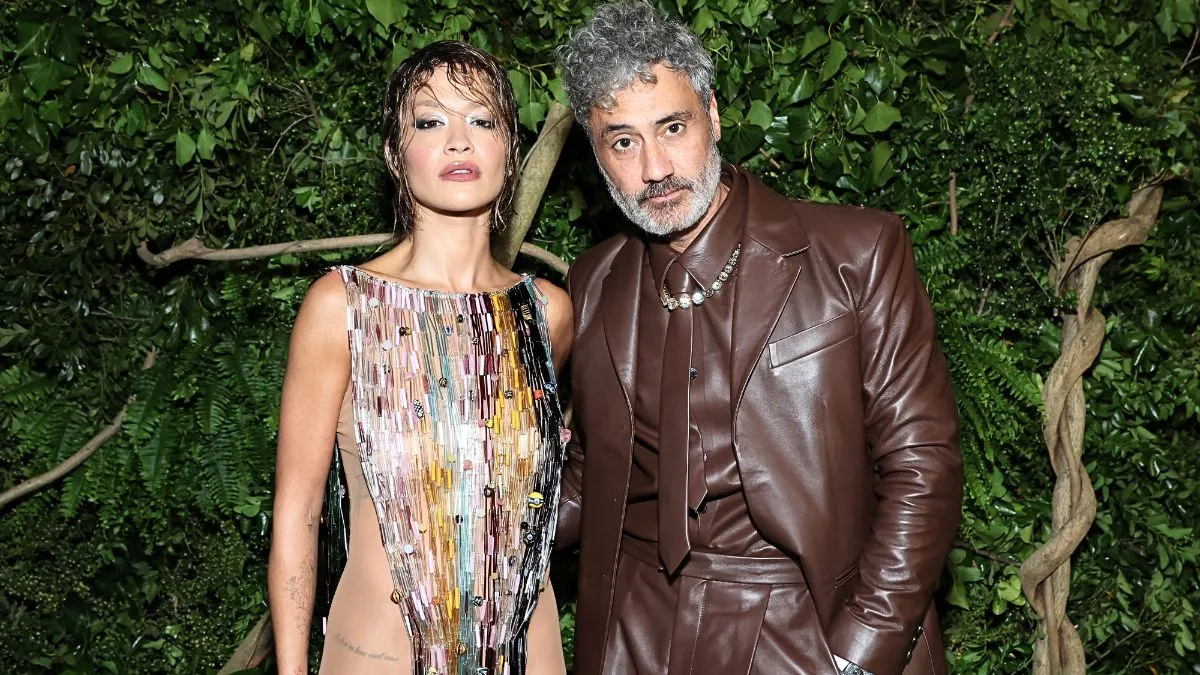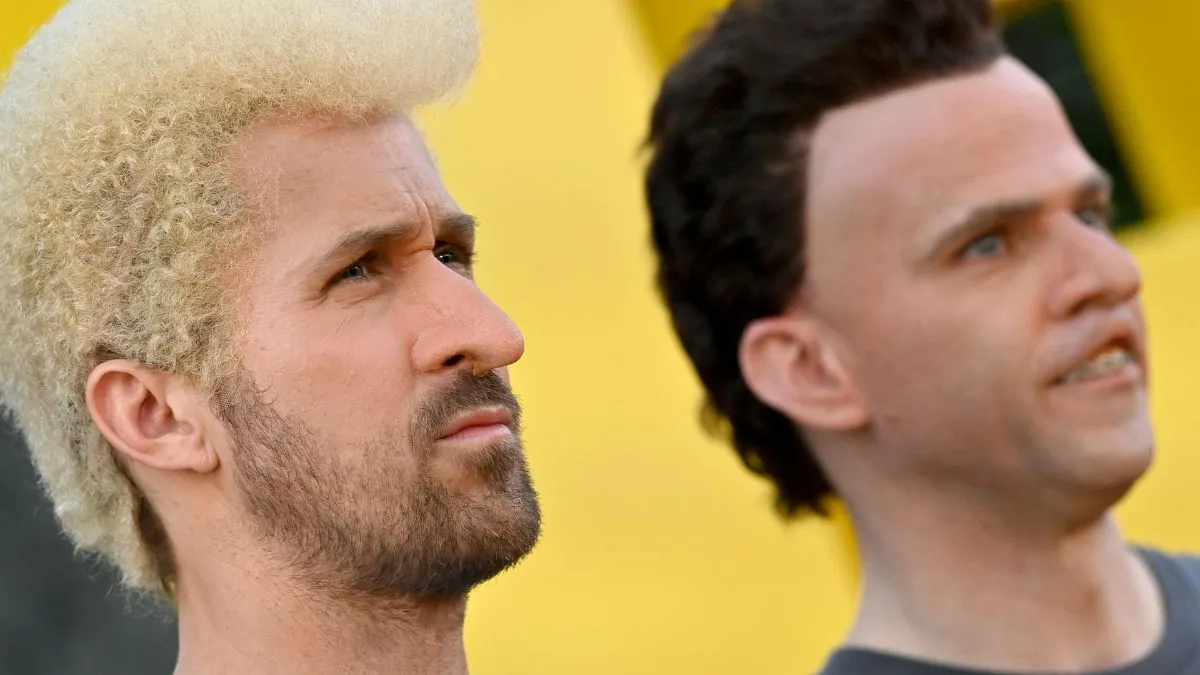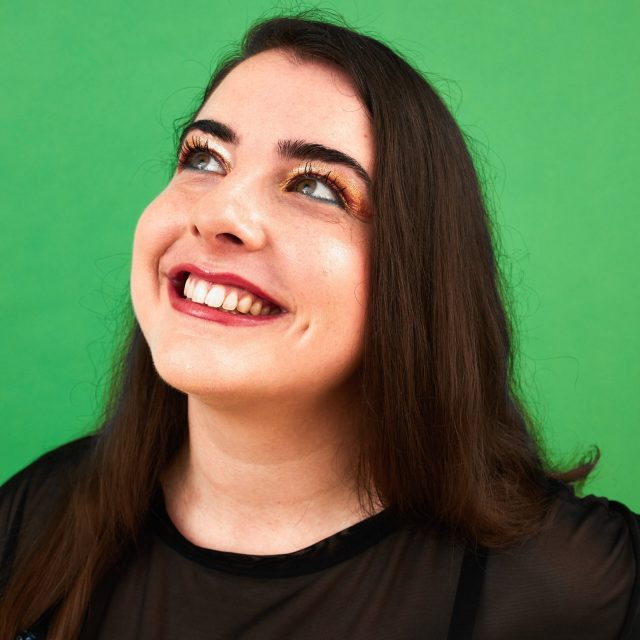Starring in the number one film in the world has a way of relieving a bit of the pressure and scrutiny from the darkest corners of the internet.
Rachel Zegler, who plays the female lead in the new Hunger Games prequel movie and became the primary target of TikTok and X’s ever-growing hate train in 2023, knows a little something about that. And so does Brie Larson.
Why do Rachel Zegler and Brie Larson get so much hate?
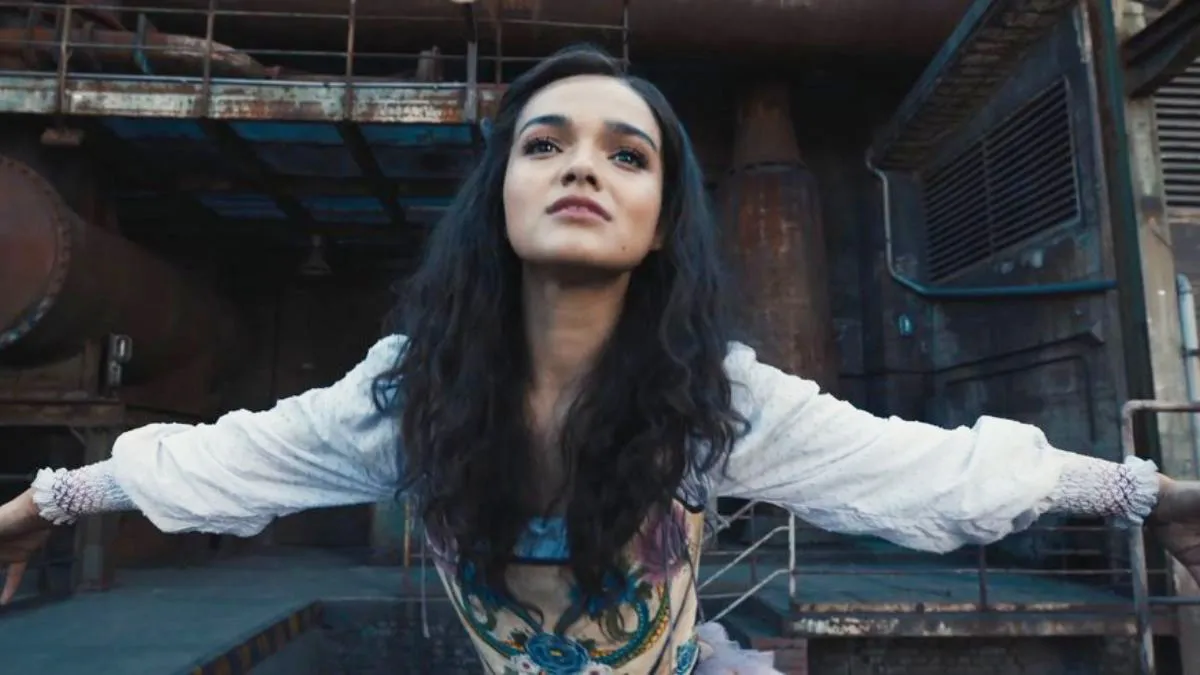
Both actresses have been the stars of huge box office hits (Larson’s Captain Marvel grossed over $1.1 billion in 2019), and have been simultaneously lucky and cursed to cross paths with some of the largest and most sensitive fandoms in the world, Marvel and Disney. Their crimes, for which they were branded “most annoying person on earth,” “stand-offish,” or a myriad of other exacerbated nasty descriptors, were as simple as having opinions. Shocking thing for a woman to have, isn’t it?
The tide seems to have turned just slightly for Zegler, thankfully, as her performance in The Ballad of Songbirds and Snakes, and the genuine way in which she communicates with fans of that franchise, has made her a hit online again. For a while there, though, you couldn’t search up “Rachel Zegler” on X or TikTok without coming across the most inflamed, senseless rants you had ever seen.
Much like Larson before her, Zegler made comments about the state of the art when it comes to female representation in Hollywood and large franchises. In 2019, Larson was chastised for saying the industry needed a more diverse pool of critics (yes, we know, what a ludicrous thing to say…), and her reputation hasn’t fully recovered since. The sequel to her record-breaking Marvel debut, 2023’s The Marvels, had the worst opening weekend ever for any film in the superhero universe at $47 million, thanks partly to boycotting and smear campaigns against Larson and female-led comic book properties.
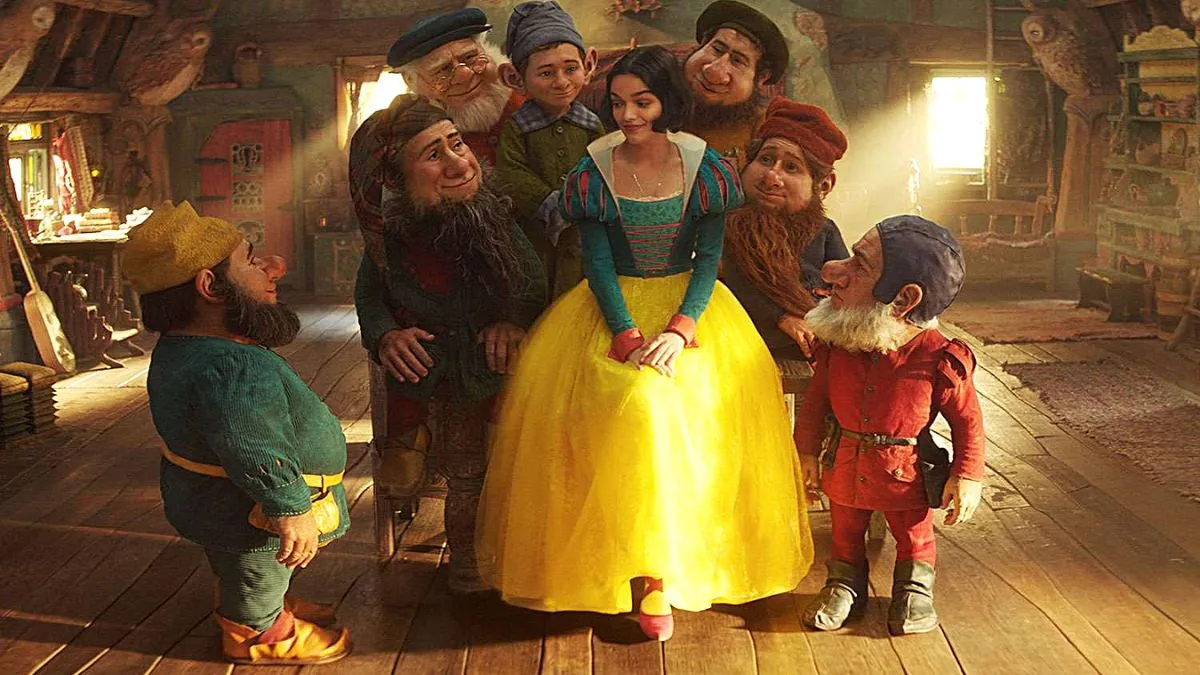
As for Zegler, it was her audacity to call Snow White (the Disney princess to which she will be giving life in the upcoming live-action adaptation) outdated that got her into trouble. For reference, this character’s most famous iteration stems from 1937 where she is essentially a housewife to seven men. In August, clips from old interviews made the rounds online. In one, the Golden Globe-winning actress stated that her version of the inaugural Disney princess was “not going to be saved by the prince, and she’s not going to be dreaming about true love.” Instead, the new film will portray Snow as a “leader,” and will not focus on the love story.
“We have a different approach to what I’m sure a lot of people will assume is a love story just because we cast a guy in the movie,” Zegler said in another interview, adding that Prince Charming was a bit of a stalker in the original film.
The actress’s worst crime of all, however, was saying that she had only watched the 1937 film once before landing the role because she used to be scared of it as a child. That instantly turned devout Disney fans against her, claiming she was undeserving of the honor and was playing a character she didn’t even like, while simultaneously wanting to change her into something she is not. Mind you, Zegler had no part in writing, directing, or producing the flick.
Some of the fairer criticism came from those who said it is not anti-feminist to want true love, and that even if the film had stuck with its original “true love’s kiss” narrative it would still be representative of women who do want to be housewives and aspire to a relationship above anything else. While there is truth to that, it is also just as valid to want to re-contextualize this early 20th century princess story to a world where women do have the choice to want more than that.
Why the hate train against Rachel Zegler and Brie Larson needs to stop
![The cropped IMAX poster for The Marvels, featuring Monica Rambeau [L], Captain Marvel [C]. and Ms. Marvel [R].](https://wegotthiscovered.com/wp-content/uploads/2023/11/The-Marvels-IMAX-Poster-2.jpg)
Above anything else, it is factual that nothing that Rachel Zegler or Brie Larson ever said warranted the kind of vitriol they were both subjected to and that perhaps there’s a bigger, underlying reason why two outspoken women have been so poorly received by audiences. Ironically, two actresses who have dared to confidently state their (rather harmless) opinions, instead of being excessively grateful and submissive to the Hollywood machine, ended up being harassed for force-feeding “woke”-ism into media that has thrived on tradition and conservatism their entire existence.
Naturally, fans of properties like Marvel and Disney, large vehicles for All-American culture, were probably not ready to have their visions of the world threatened by two women who simply dared to express their beliefs in an unabashed manner. In Larson’s case, the primarily male Marvel fandom didn’t appreciate her criticism of the lack of diversity in the taste and opinion makers surrounding the franchise. As for Zegler, the family-oriented Disney demographic was uncomfortable with her dismissing their domestic way of life.
After all, breaking the status quo has never come without making a few enemies, and we’re grateful people like these award-winning professionals have not been discouraged by the hatred of those who are terrified of change. If anything, these reactions are evidence they’re doing something right. If anything, they prove that we still live in a world where saying minorities should get to express their opinions about culture as much as white men and women can be leaders instead of just wanting a boyfriend still makes you the internet’s number one target.

